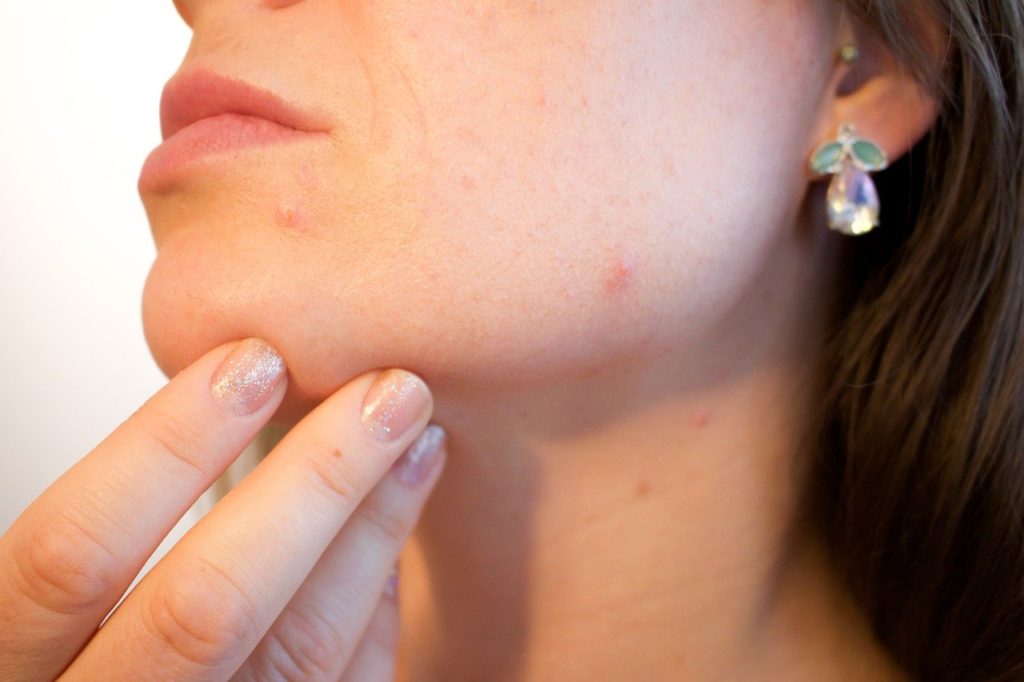
Table of Contents
Introduction
Boils can be extremely annoying. No matter where you happen to have them, if you are familiar with what boils are, you likely know exactly how painful they can be.
Boils can develop virtually everywhere on your skin, but usually, they tend to generate in areas where you’ll find a combination of hair, friction, and sweat.
They commonly appear on your face, shoulders, neck, buttocks, and even armpits.
For how painful they can be, one of the most important tips to know about boils is that you should never squeeze them in your attempt to get rid of them.
That said, to help you eliminate those bothering bumps, we prepared a short essential guide including everything you should know about how to get rid of boils fast.
>>>Don’t care to read the rest?<<<
>>>Click Here for the SHORTCUT to DESTROY BOILS!<<<
What Are Boils Exactly?
Before we get deeper into the tips and tricks to quickly eliminate boils, you should at least be aware of what boils are.
To put it simply, boils are bumps filled with pus that form under the skin. They are caused by bacteria that attack the hair follicles and infect them, causing major inflammation.
A boil is usually red, swollen, tender and sometimes warm and filled with pus. You can prevent them from occurring by taking some simple steps that will help you reduce the risk of getting hit by the bacteria.
First of all, you need to maintain good personal hygiene (that includes having regular showers and washing your hands with soap and water).
You should avoid sharing personal items like razors, linen or towels and you should keep all of the surfaces of your home clean. Pay particular attention to bathtubs and toilet seats.
Additionally, remember to use an alcohol-based hand sanitizer to wash your hands, especially after touching the boil.
By taking all of these measures, you will significantly reduce the probability of you getting boils on your skin. Unfortunately, sometimes, no matter how careful you are about maintaining good levels of personal hygiene, you might still develop boils. Do not worry, though, as boils are rather common.
The bad news about them is that they can get as big as the size of a baseball (yes, that big!) and can infect the area surrounding the boil, which might get red and painful as well.
The good news is that even if some boils might need to be treated by a specialist, who will make an incision on the abscess and use sterile gauze to remove any pus, you might be able to effectively eliminate your smaller boils by yourself.
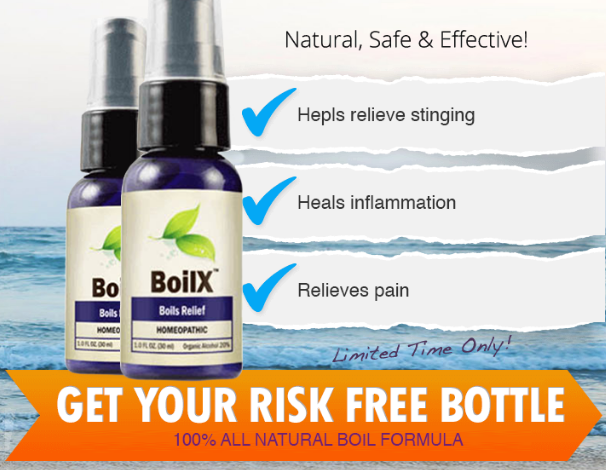
What Can Cause Boils?
As mentioned, the primary cause of boils is an infection caused by bacteria that develop under the skin. Some people might be more prone to develop boils due to a variety of different factors.
For example, you might contract them from being in close contact with someone who has boils, as the bacteria can pass from person to person. This is why boils might be a problem in health care facilities such as hospitals.
If you previously had boils on your skin, it might be very common for them to reappear. If you get boils for three or more times within 12 months your boils are considered recurrent. Such boils are usually caused by the bacteria MRSA.
Additionally, if you have significant skin irritation, such as eczema or psoriasis, the bacteria causing boils will have more probability to get access to deeper skin, which in turn will cause major irritation.
Other causes that might make it more likely for you to develop boils might be the presence of some medical conditions such as iron deficiency anemia, diabetes, poor personal hygiene, HIV, or obesity.
Treatments That Get Rid Of Boils Fast
Now that we have a solid foundation on what a boil is and how it’s caused, we can get into the remedies that can help you eliminate these painful bumps.
Use Tea Tree Oil
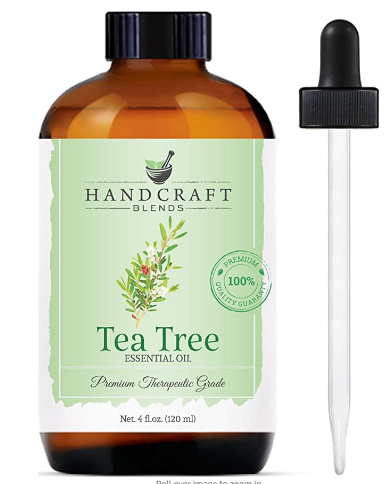
You might already be familiar with tea tree oil and its antiseptic and antibacterial property. If you want to treat the infection around the boil, it is a good idea to use tea tree essential oil.
Keep in mind that because the essential oil is so strong, it is better not to apply it directly to the skin, as it might burn. Instead, mix a few drops of tea tree oil with a teaspoon of either olive oil or coconut oil.
Apply the mixture to a cotton swab and rub it around the infected area. Repeat the process two to three times per day until the boil is eliminated.
Apply Turmeric Powder
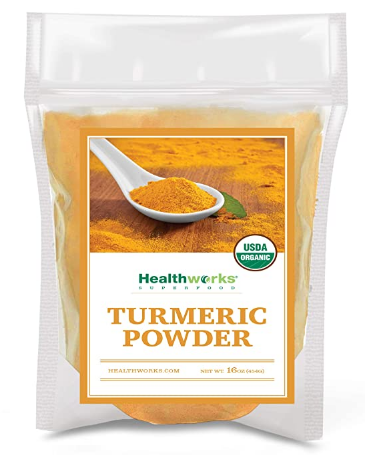
Turmeric powder has recently become extremely popular as the ingredient of the famous (and delicious) golden milk.
The anti-inflammatory properties of turmeric are well known, especially in Chinese Medicine and the powder can help heal a boil quite quickly.
It is thanks to its properties that eastern medicine used turmeric powder as a natural blood purifier for several centuries.
Turmeric powder can be used to treat boils either topically or even ingested. You can boil a teaspoon of turmeric powder in water or milk and drink it or you can mix the powder with water and make a paste.
The paste should be applied to the boil at least twice a day until you get rid completely of the bump.
Treat With Heat
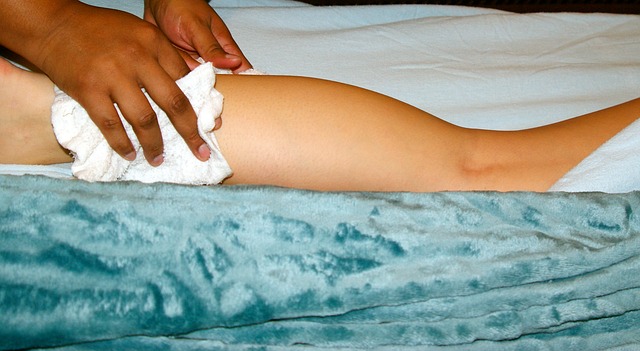
Another effective method to get rid of boils fast is to apply heat.
Heat can increase blood circulation, which in turn, will increase the number of white blood cells and antibodies in the area where the heat is applied.
Treating your boil with heat is a great idea as it helps to fight the infection pretty quickly. All you have to do is make a warm compress and apply it to the infected area for at least 20 minutes three times a day until the boil is completely gone.
Consider Castor Oil
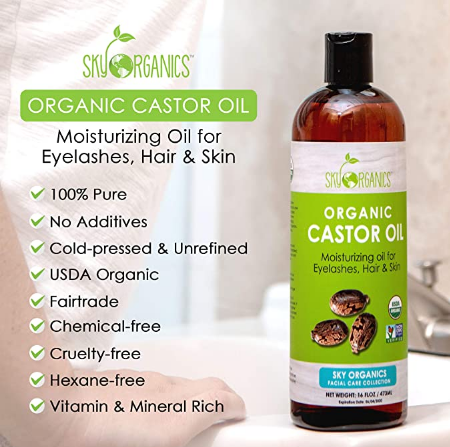
Another important essential oil that can be used to treat boils is castor oil. Thanks to the presence of ricinoleic acid which is a powerful anti-inflammatory, using castor oil is an effective treatment for boils.
To use castor oil on your boils, just apply a small amount of oil directly to the infected area until you manage to eliminate the boil.
Repeat the application for at least three times per day and you’ll notice quick results!
Soothe The Pain With Over-The-Counter Antibiotic Ointment
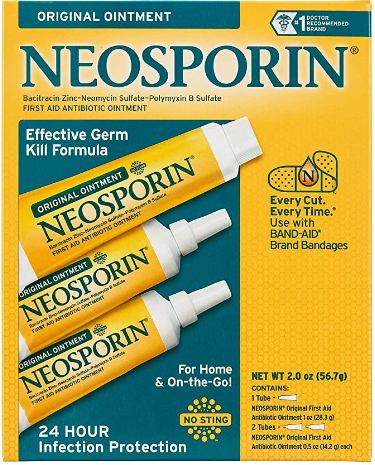
Many over-the-counter antibiotic ointment act fast and can help you treat your boil fast.
An example of such a drug is Neosporin, which you might have already at home. Using antibiotics can also help to prevent the infection to further spread to your body or others.
Simply apply the antibiotic ointment to the infected area twice per day and repeat the process until you manage to get rid of the boil.
Treat The Infection With Neem Oil
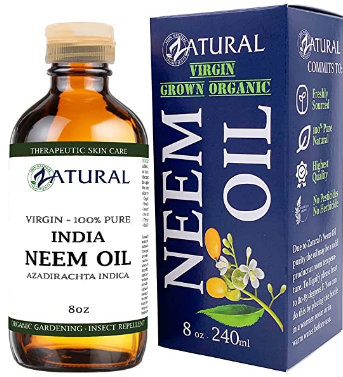
The last (but not least) oil on this list is need oil, known for its marvelous antiseptic and antibacterial properties that are extremely successful in treating any type of skin infection very fast.
That means that neem oil works perfectly on boils.
To treat your boil with neem oil, apply the oil directly to your bump up to four times a day. Repeat the process until you don’t see any more traces of the abscess or the infection.
When Should You Go To A Doctor?

Even if all of the remedies listed above can be effective, some conditions require you to seek medical care.
Indeed, while most boils do not need immediate attention, if you find yourself in poor health conditions or you develop other symptoms such as fever and chills, you will need to visit an emergency room.
Make sure you visit a specialist when having some of the following symptoms:
- you have a high fever
- your lymph nodes get swollen
- when the area surrounding the boil gets extremely painful or red
- when the boil does not drain
- if a second boil appears close to the area
- if you have diabetes or any problem that involves your immune system or if you use some immune-suppressing drugs and a boil appears on your skin, you should contact a doctor
Generally, when you notice your boil is getting bigger, you will need to visit a doctor who will most likely perform a procedure known as drainage.
Such a procedure will eliminate the boil and allow the boil to heal without the use of antibiotics. Antibiotics are necessary when the infection is severe or rapidly growing.
All in all, depending on your medical situation and the severity of your boil, you might be able to quickly treat your bump from the comfort of your home. Make sure you visit a doctor if your situation is more severe.
Hopefully, this guide has provided a better understanding on both how to eliminate boils by yourself, when it’s necessary to seek the help of a doctor, what boils are and their common causes.
